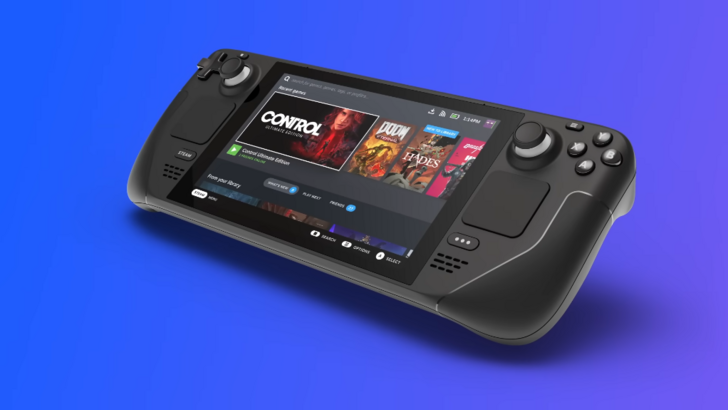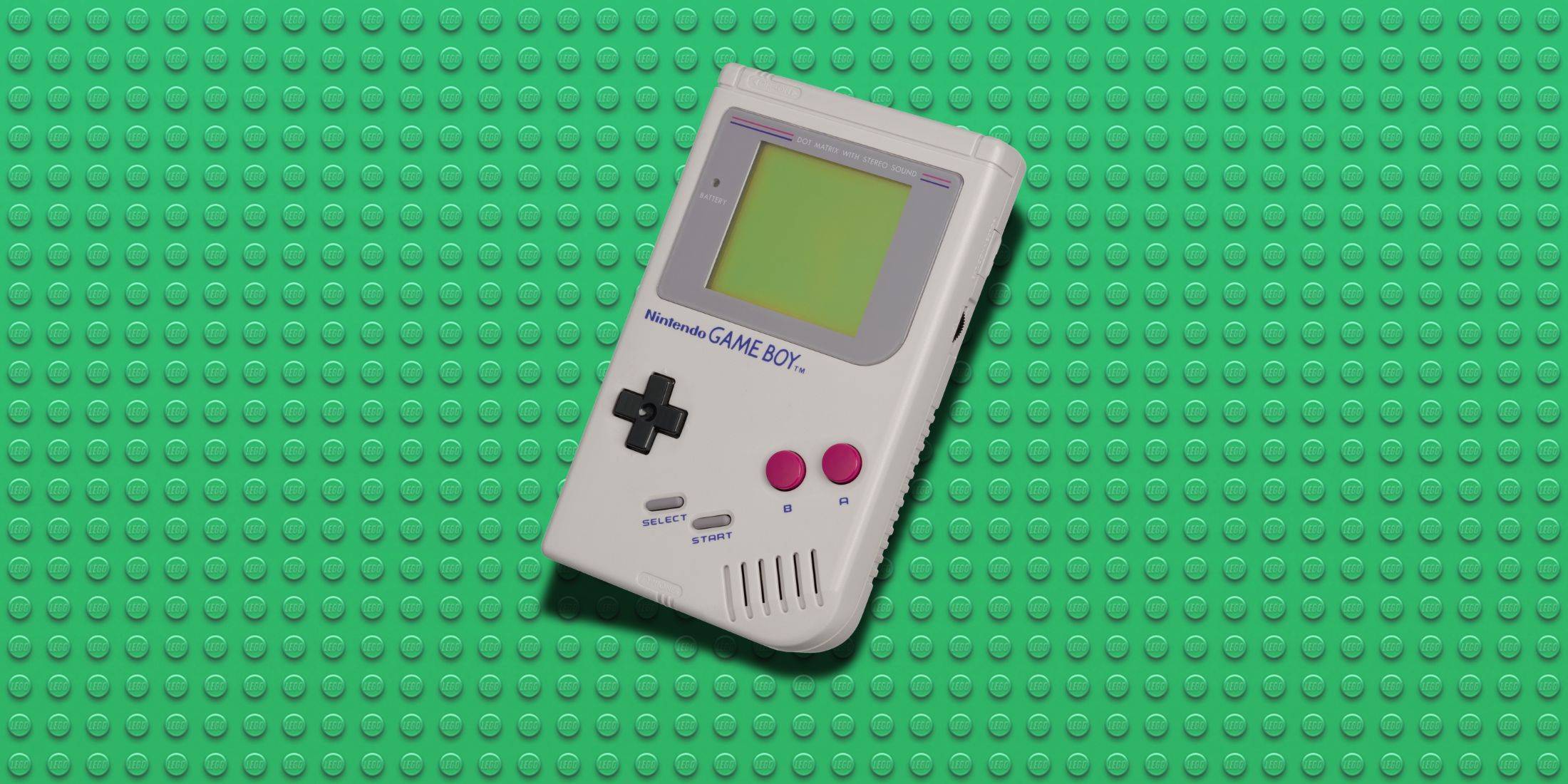
Valve Rejects Annual Steam Deck Upgrades, Prioritizing "Generational Leaps"
Unlike the annual upgrade cycle prevalent in the smartphone market, Valve has confirmed that the Steam Deck will not receive yearly iterations. This decision, explained by designers Lawrence Yang and Yazan Aldehayyat in a recent interview with Reviews.org, prioritizes substantial advancements over incremental improvements.
Yang explicitly stated that Valve isn't interested in the yearly release cadence adopted by competitors. He argued that such frequent, minor updates are unfair to consumers, offering only marginally better devices. Instead, Valve aims for significant, "generational leap" upgrades, ensuring that any future Steam Deck model justifies the wait and investment. This approach also includes maintaining a focus on battery life, a crucial factor for a portable device.
Aldehayyat highlighted Valve's commitment to addressing user needs, particularly concerning the experience of playing PC games on the go. While acknowledging ongoing room for improvement, he expressed enthusiasm for the innovation sparked by the Steam Deck within the handheld gaming market. He specifically cited the Steam Deck's touchpads as a valuable feature lacking in competitors like the ROG Ally, and even encouraged their adoption by other manufacturers.
The team openly discussed features they hoped to include in the OLED model, with variable refresh rate (VRR) topping the list. They expressed regret over its omission, acknowledging user demand and their own desire for its inclusion. However, Yang clarified that the OLED version was intended as a refinement of the original, not a second-generation device. Future models will likely focus on improvements like enhanced battery life, though technological limitations currently constrain such advancements.
Despite the lack of annual hardware releases, Valve doesn't view the absence of yearly updates as a disadvantage in the face of competition from devices like the Asus ROG Ally and Ayaneo products. Instead, they welcome the innovation fostered by this competition, emphasizing their excitement about the overall advancement of the handheld gaming PC market. They believe that the diverse approaches taken by various manufacturers ultimately benefit gamers.
The staggered global rollout of the Steam Deck, with Australia recently gaining official access in November 2024 after a two-year delay, has likely influenced Valve's strategy. Yang attributed this delay to the complex logistical challenges of establishing financial processes, warehousing, shipping, and returns systems in new markets. Aldehayyat clarified that Australia was always part of their initial launch plan, but a lack of established business infrastructure initially hindered their ability to provide official support and distribution. This highlights the complexities involved in a global launch and may inform Valve's approach to future releases. Currently, several regions, including parts of South America and Southeast Asia, still lack official Steam Deck distribution.








